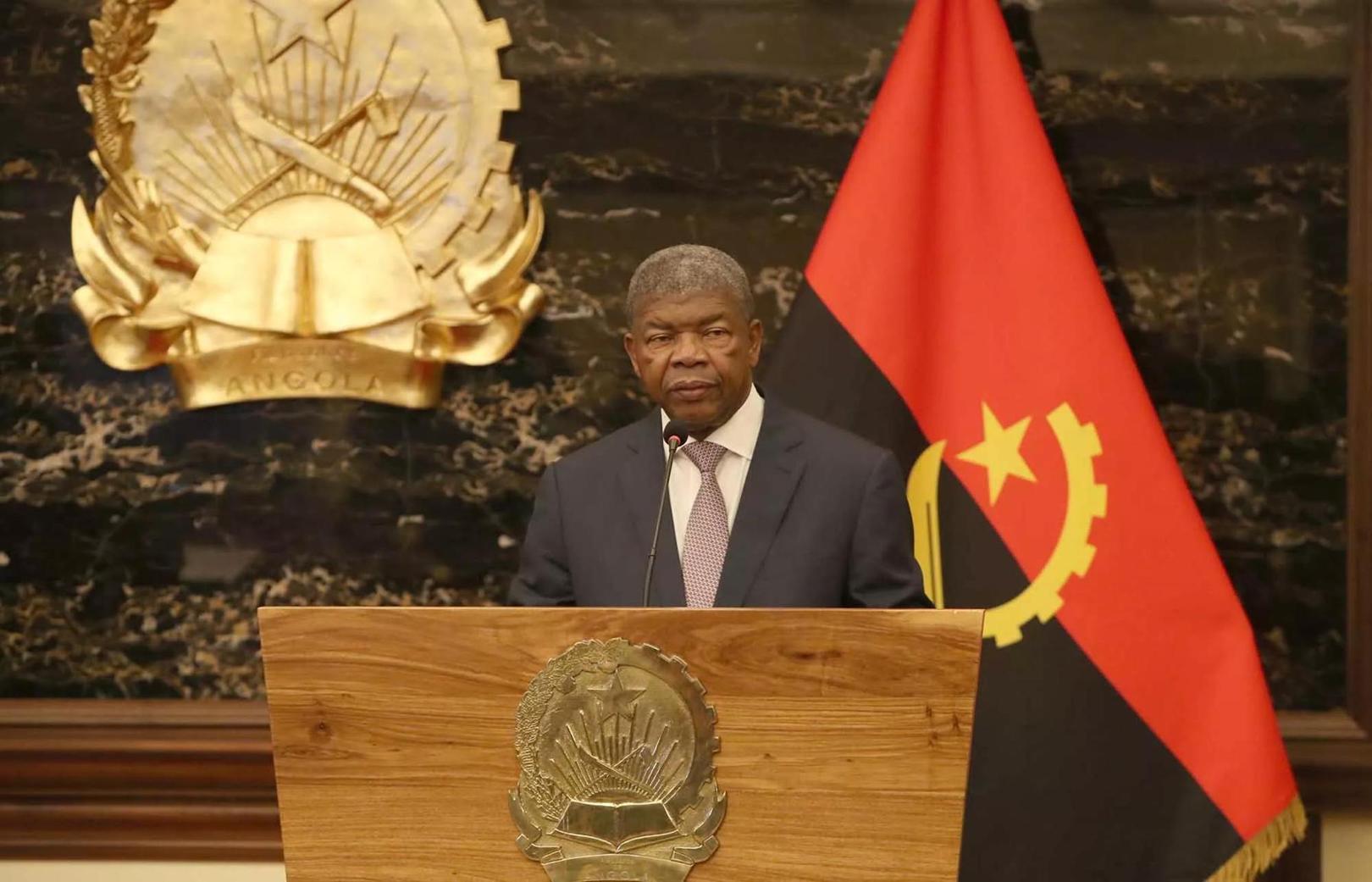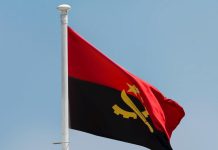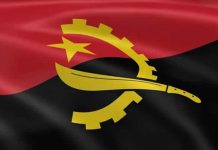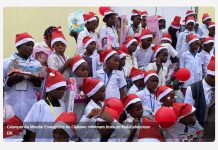Africa-Press – Angola. The President of the Republic, João Lourenço, condemned this Monday, in Luanda, the attempted coup d’état in the Democratic Republic of Congo (DRC), which occurred in the early hours of Sunday.
Speaking at the opening of the extraordinary virtual Summit of Heads of State and Government of the Southern African Development Community (SADC), João Lourenço, as acting president of this regional organization, reaffirmed “zero” tolerance against unconstitutional changes of power in Africa.
He said that these acts contradict the Charter of the African Union and the principles that guide SADC.
Therefore, the Angolan statesman was pleased with the fact that the “coup intention” did not succeed and defeated democracy and the popular will expressed at the polls.
João Lourenço expressed solidarity with the Congolese people who, in addition to facing a difficult and long armed conflict, have just experienced this challenge that attacked State institutions.
Several dozen Congolese and foreign men, uniformed and armed, failed, in the early hours of Sunday, in their attempted coup d’état to depose President Félix Tshisekedi and establish a “new Zaire” inspired by the dictatorial regime of Mobutu Sese Seco, in the end of the last century.
In a statement denouncing the attack, the Government of the DRC states that the attackers were of “various nationalities”, led by the leader of the Congolese diaspora Christian Malanga, killed in the attack.
The spokesman for the Armed Forces of the Democratic Republic of the Congo (FARDC), Sylvain Ekenge, who stated in a brief message on public television on Sunday morning that he had “nipped in the bud” the “attempted coup d’état”, said that The attackers, all killed or detained, were both Congolese and foreign, although without specifying any other nationalities.
The SADC Extraordinary Virtual Summit of Heads of State and Government addressed the negative impact of drought on the lives and livelihoods of around 58 million affected people in the region.
For More News And Analysis About Angola Follow Africa-Press






